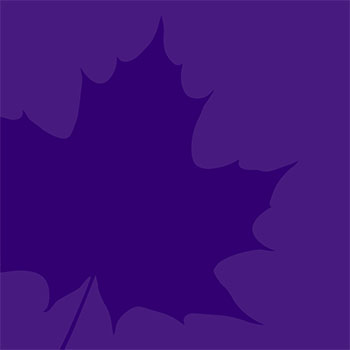We use cookies on this site to enhance your experience.
By selecting “Accept” and continuing to use this website, you consent to the use of cookies.

ST260 or (ST259 and one of ST230, ST231).
Zilin Wang
E-mail: zwang@wlu.ca
Office Hours: Tuesday and Thursday 2, 1:00 – 2:00 p.m. or by appointments
through Zoom Meeting
Lectures will be delivered synchronously through Zoom on Tuesdays and Thursdays
between Thursday 2:30 p.m.- 3:50 p.m. (Eastern Time zone). Students have access to
Zoom meetings from MyLS.
C. Wu and M. E. Thompson. Sampling Theory and Practice. 2020. Springer.
(https://link-springer-com.libproxy.wlu.ca/book/10.1007%2F978-3-030-44246-0)
G. Casella. Statistical Design. 2008. Springer.
(https://link-springer-com.libproxy.wlu.ca/book/10.1007%2F978-0-387-75965-4)
Students may use a non-programmable, non-graphing calculator on course tests and the final examination.
Materials related to this course and the full course outline will be posted on the MA686I MyLearningSpace website. You are responsible for checking here on a regular basis for important announcements.
A final mark out of 100 will be calculated as follows:
Students must achieve a score of at least 40% of the marks available on the final examination to be eligible to pass the course. The final mark will be reported as a letter grade in accordance with the conversion table of the current undergraduate calendar.
This document is a summary of the course outline for MA686I and is provided for the convenience of students.